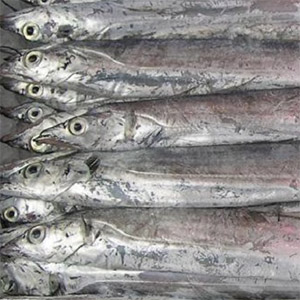
Fish that are highly valued by Chinese consumers, such as largehead hairtail, would grow in value and in amounts caught if industrial fisheries increased the mesh size of their nets
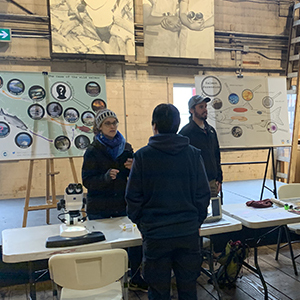
Pelagic Ecosystems Lab researchers engage with community at Gulf of Georgia Cannery
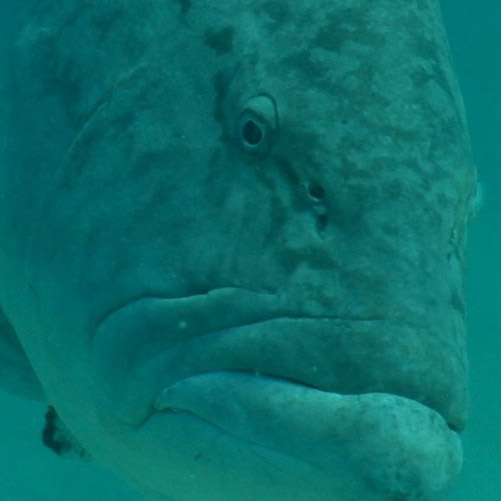
A new methodology for documenting the cumulative human impacts on biodiversity, dubbed EPOCH - for Evaluation of Population Change - was developed by scientists from Europe, Asia, and North America.
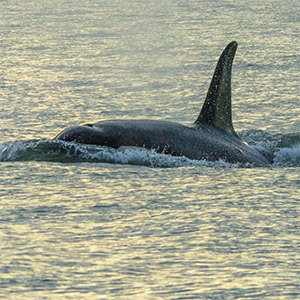
Tags: Andrew Trites, Faculty, Hakai Institute, IOF postdoctoral fellows, IOF Research Associates, Marine Mammal Research Unit, Mei Sato, Research, salmon, whales
Scientists got a rare glimpse into the underwater behaviour of killer whales off the B.C. coast, with the help of aerial drones.
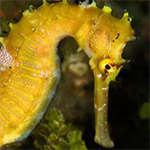
Tags: Amanda Vincent, Faculty, FCRR, IOF Research Associates, Philippines, Project Seahorse, Publications, Research, Sarah Foster, seahorses
This Fisheries Centre Research Report was produced by Project Seahorse and the Zoological Society of London-Philippines, and carried out in collaboration with the Philippines Bureau of Fisheries and Aquatic Resources
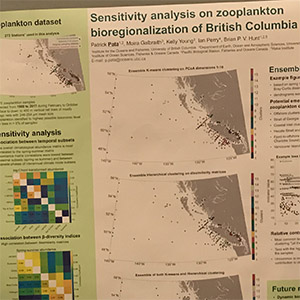
He won best poster for his poster entitled “Sensitivity analysis on zooplankton bioregionalization of British Columbia.”
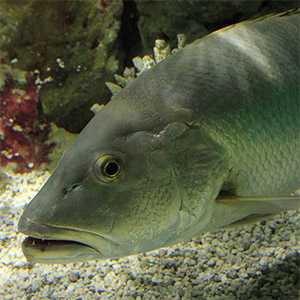
Gill-Oxygen Limitation Theory, known as GOLT, explains the biological reasons that force fish to move poleward when the waters heat-up due to climate change

This specialist group is chaired by chaired by Dr. Amanda Vincent
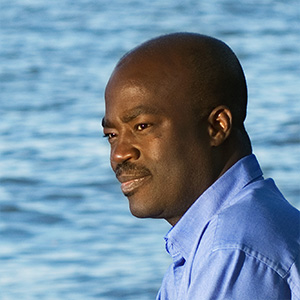
Dr. Rashid Sumaila recognized the need to understand and address the threats facing Canada’s Arctic, Atlantic and Pacific oceans and coastal regions and to develop a shared vision for their future
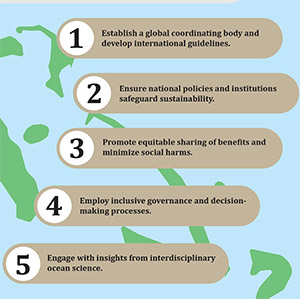
Tags: Blue economy, Climate change, Faculty, fisheries economics, IOF Research Associates, Nathan Bennett, OceanCanada, Rashid Sumaila, Research, Sustainability
With economic potential of the oceans expected to double to US$3 trillion by 2030, growth should be effectively managed so that it is sustainable and equitable.